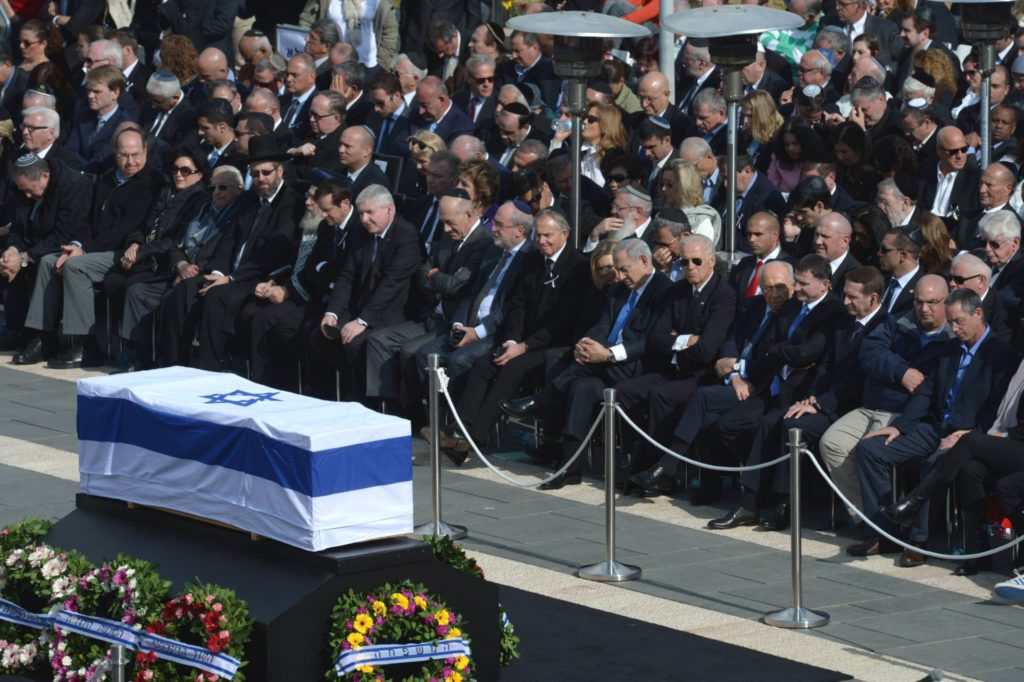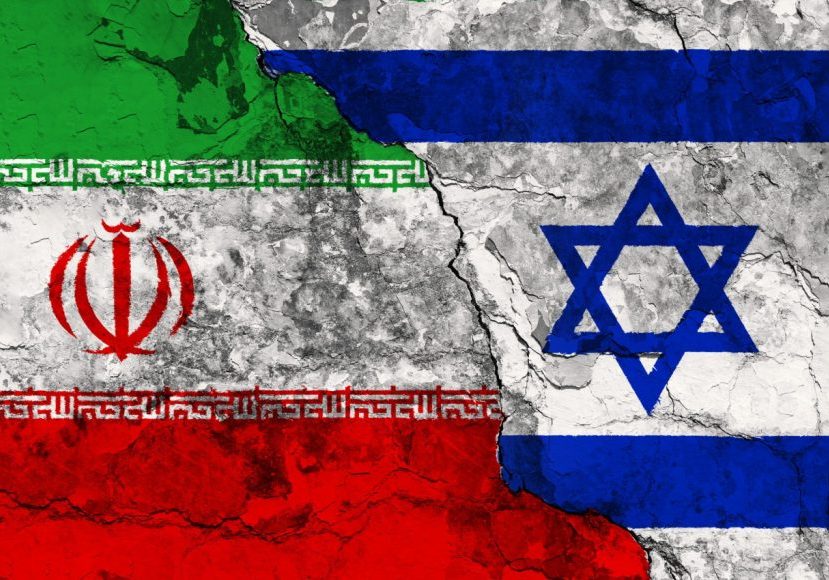IN THE MEDIA
Israel PM’s peacemaking efforts should be remembered
Jan 21, 2014 | Ahron Shapiro

Ahron Shapiro
New Zealand Herald – Tuesday Jan 21, 2014
A reply to last week’s assessment of Ariel Sharon by Sydney writer Irfan Yusuf.
Ariel Sharon, the former Israeli general, Defence Minister and Prime Minister who died earlier this month, was one of the government officials who greeted then-Egyptian President Anwar Sadat on the tarmac during his famous visit to Israel in November 1977.
Sharing a smile and a handshake, Sadat ribbed Sharon, reminding him that he had unsuccessfully tried to catch him when he crossed the Suez Canal during the war of October 1973.
Sharon famously replied, “Now you can catch me as a friend.”
In many ways, this vignette captures the essence of Sharon as Israel’s most successful general turned peacemaker. As a lifelong defender of Israel’s security, Sharon was often called upon to lead men into battle. Yet later as Prime Minister, he was equally decisive in his readiness to concede strategic territory in the interests of long-term security rooted in peaceful compromise and secure and recognised borders with Israel’s neighbours.
When Sharon was elected Prime Minister in 2001, which pundit would have guessed he would be the first leader of the conservative Likud party to endorse the concept of a Palestinian state and two-state peace outcome, as he did in 2003?
What analyst would have predicted that Sharon, who had personally chosen the location for many of Israel’s settlements for their strategic value, would make the unilateral decision to expel thousands of settlers from their homes and bulldoze all 21 settlements in the Gaza Strip and four settlements in the West Bank, as he did in 2005?
For Sharon, Israel’s strength and success on the battlefield was not an end in itself, but a means to an end – to quash the Arabs’ hope that Israel could be destroyed militarily and raise prospects for a political settlement to the conflict.
This was true, even in the most controversial chapter in his career – the 1982 Lebanon War, as one must today acknowledge that the defeat of the Palestine Liberation Organisation’s military arm in Lebanon and the relocation of the organisation’s leadership to distant Tunisia decimated the PLO’s military capabilities, leading to the group’s recognition of Israel in 1988 and, eventually, the 1993 Oslo Accords.
It is especially revealing that Sharon, a maverick often associated with Israel’s right-wing camp, moved to the centre at the height of his popularity as Prime Minister and consolidated his power in the broad-based centrist party, Kadima.
At a moment when Sharon enjoyed the greatest level of support in his career and could have advanced any agenda, he chose to shape a party in his own image, drawing support from a split Likud as well as a large number of prominent left-leaning Labourites like Shimon Peres.
While Sharon was incapacitated by a massive stroke before he could enjoy the fruits of his vision, his centrist party coasted to victory in Israel’s 2006 elections – marking the first time voters had selected a party from the centre.
In the elections of 2009, the same party emerged with the greatest number of parliamentary seats but failed to succeed in forming a coalition.
Finally, in 2012, Kadima splintered, but centrist parties once again collectively held nearly the same commanding share of the Knesset.
Sharon’s greatest legacy, for which even his biggest detractors must give him credit, was to harness the Israeli public’s tendency to gravitate towards the centre into a coherent political force which must now be accounted for in every election.
Israel’s political foundations, which had been rooted in partisan ideology, evolved under Sharon into a more pragmatic and dynamic system, with less rigid doctrine, while Israel’s new generation of leaders have more leeway to govern in a multipartisan fashion than ever before.
For Israeli military icon Sharon, like Prime Ministers and former Israel Defence Forces Chiefs of Staff Ehud Barak and Yitzhak Rabin before him, there was a time for war and a time for peace.
Rabin’s 1993 Oslo Accords created a framework for Palestinian self-rule and opened the door to a two-state outcome. Barak’s concrete offer to Yasser Arafat at Camp David in 2000 showed that Israel was prepared to make the painful sacrifices necessary for peace, while Sharon proved to the world that Israel’s readiness to consider withdrawal from territory was not merely rhetorical.
For all of his faults, the perennially misunderstood Sharon deserves to be remembered, like his contemporary Rabin, as a peacemaker who extended his hand to former adversaries in friendship and was unafraid to make unpopular decisions in the interests of peace.
Ahron Shapiro is a policy analyst for the Australia/Israel & Jewish Affairs Council.
Tags: Israel











